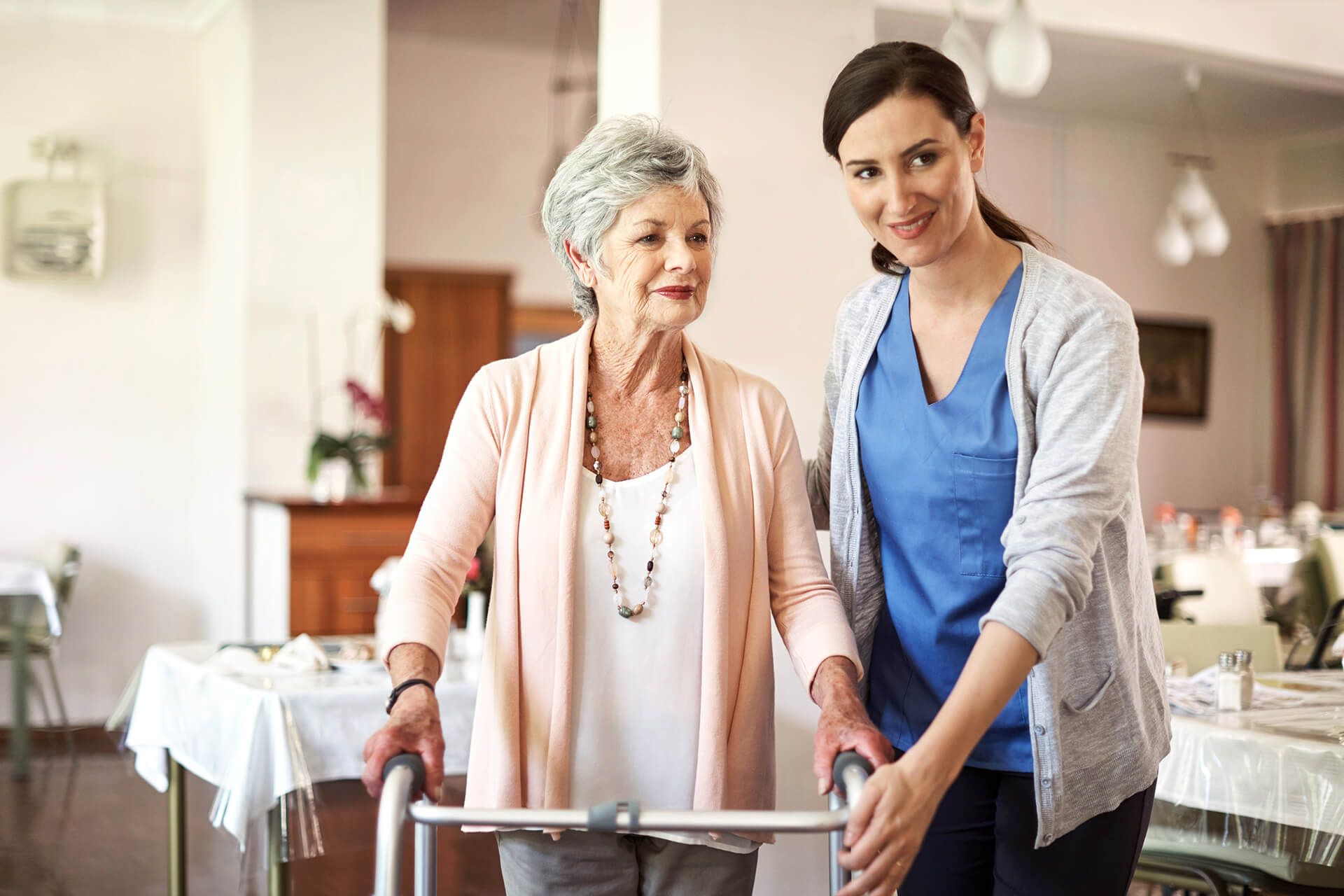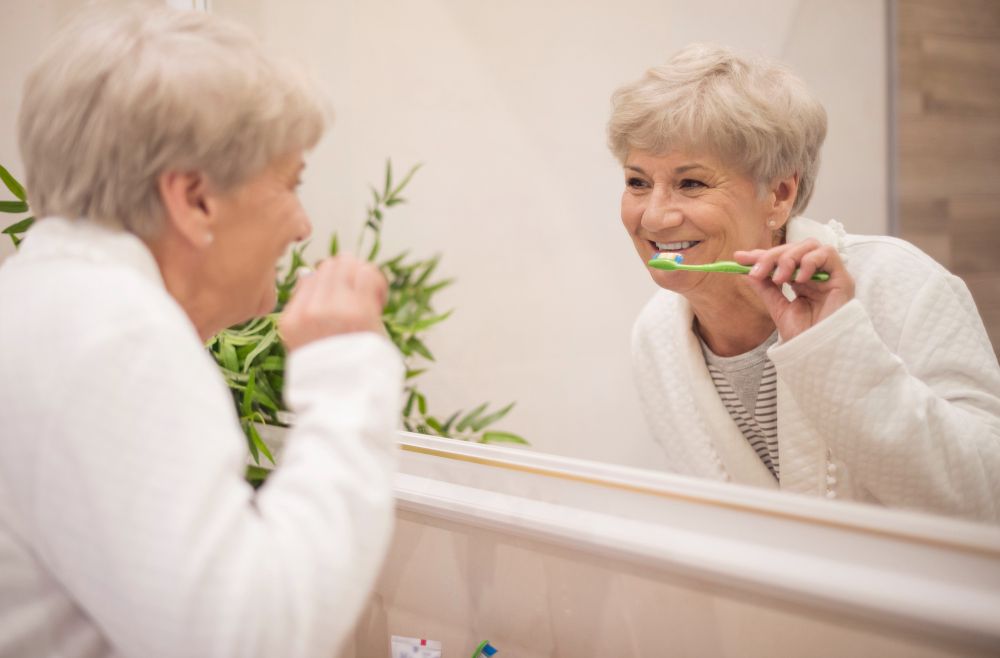Daily hygiene is a fundamental aspect of overall health and well-being, especially for elderly individuals who may face unique challenges in maintaining personal care routines. As we age, it becomes increasingly important to prioritize daily hygiene practices to prevent illness, maintain physical health, and promote a sense of well-being and confidence. Proper hygiene habits not only contribute to physical health but also play a significant role in mental and emotional well-being, self-esteem, and social interactions.
Filcare’s Daily Hygiene
 For elderly individuals, daily hygiene routines may include bathing or showering, oral care, grooming, dressing, and toileting. These activities are essential for maintaining personal cleanliness, preventing infections, and promoting skin health. Bathing or showering helps remove dirt, sweat, and bacteria from the skin, reducing the risk of skin infections and irritations. Regular oral care, including brushing and flossing, helps prevent dental issues such as cavities, gum disease, and bad breath. Grooming activities, such as hair care, nail care, and shaving, contribute to a neat and tidy appearance, boosting self-esteem and confidence. Proper dressing and toileting practices ensure comfort, dignity, and independence in daily activities.
For elderly individuals, daily hygiene routines may include bathing or showering, oral care, grooming, dressing, and toileting. These activities are essential for maintaining personal cleanliness, preventing infections, and promoting skin health. Bathing or showering helps remove dirt, sweat, and bacteria from the skin, reducing the risk of skin infections and irritations. Regular oral care, including brushing and flossing, helps prevent dental issues such as cavities, gum disease, and bad breath. Grooming activities, such as hair care, nail care, and shaving, contribute to a neat and tidy appearance, boosting self-esteem and confidence. Proper dressing and toileting practices ensure comfort, dignity, and independence in daily activities.
In addition to physical health benefits, daily hygiene practices also have a significant impact on mental and emotional well-being. Maintaining personal hygiene routines can help elderly individuals feel refreshed, rejuvenated, and ready to face the day with confidence. Cleanliness and grooming contribute to a sense of self-respect, dignity, and pride, enhancing overall self-image and self-worth. Feeling clean and well-groomed can also boost mood, reduce stress, and improve mental health by promoting a sense of well-being and satisfaction.
Furthermore, daily hygiene practices are essential for social interactions and relationships. Maintaining good personal hygiene is not only important for one’s own health but also for the comfort and well-being of those around them. Proper hygiene habits contribute to a positive and pleasant social environment, making interactions with family, friends, and caregivers more enjoyable and fulfilling. Feeling clean, fresh, and well-groomed can help elderly individuals feel more confident and comfortable in social settings, enhancing their social connections and relationships.
In conclusion, daily hygiene is a critical aspect of overall health and well-being for elderly individuals. By prioritizing personal care routines, including bathing, oral care, grooming, dressing, and toileting, seniors can maintain physical health, promote mental and emotional well-being, and enhance social interactions. Caregivers and loved ones can support elderly individuals in maintaining daily hygiene practices by providing assistance, encouragement, and resources to ensure that personal care needs are met. Investing in daily hygiene routines is essential for promoting the health, dignity, and quality of life of elderly individuals, helping them age with grace, confidence, and vitality.


